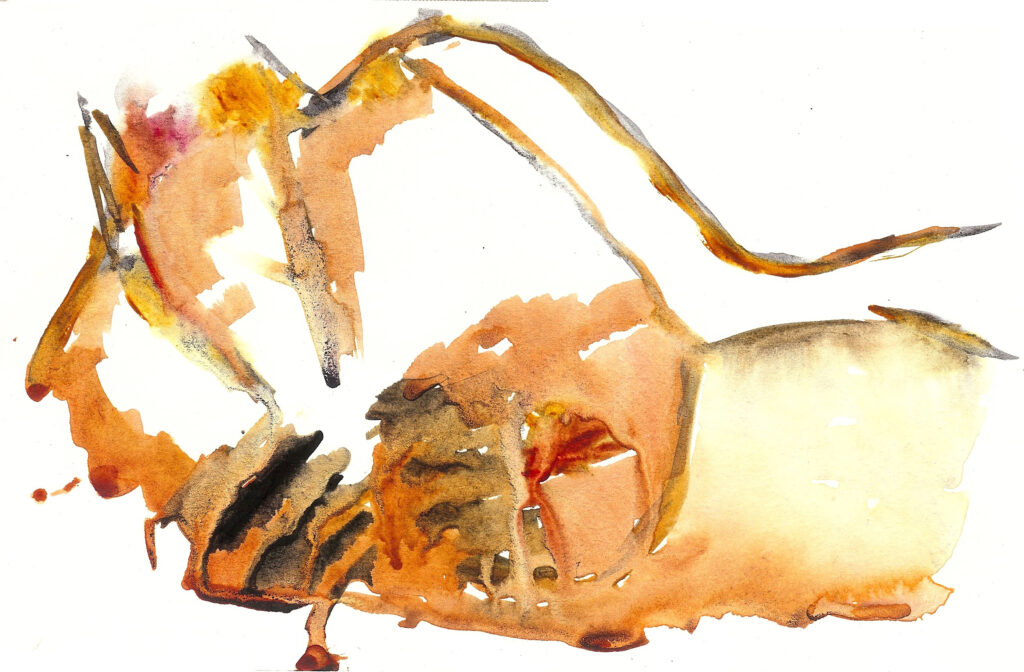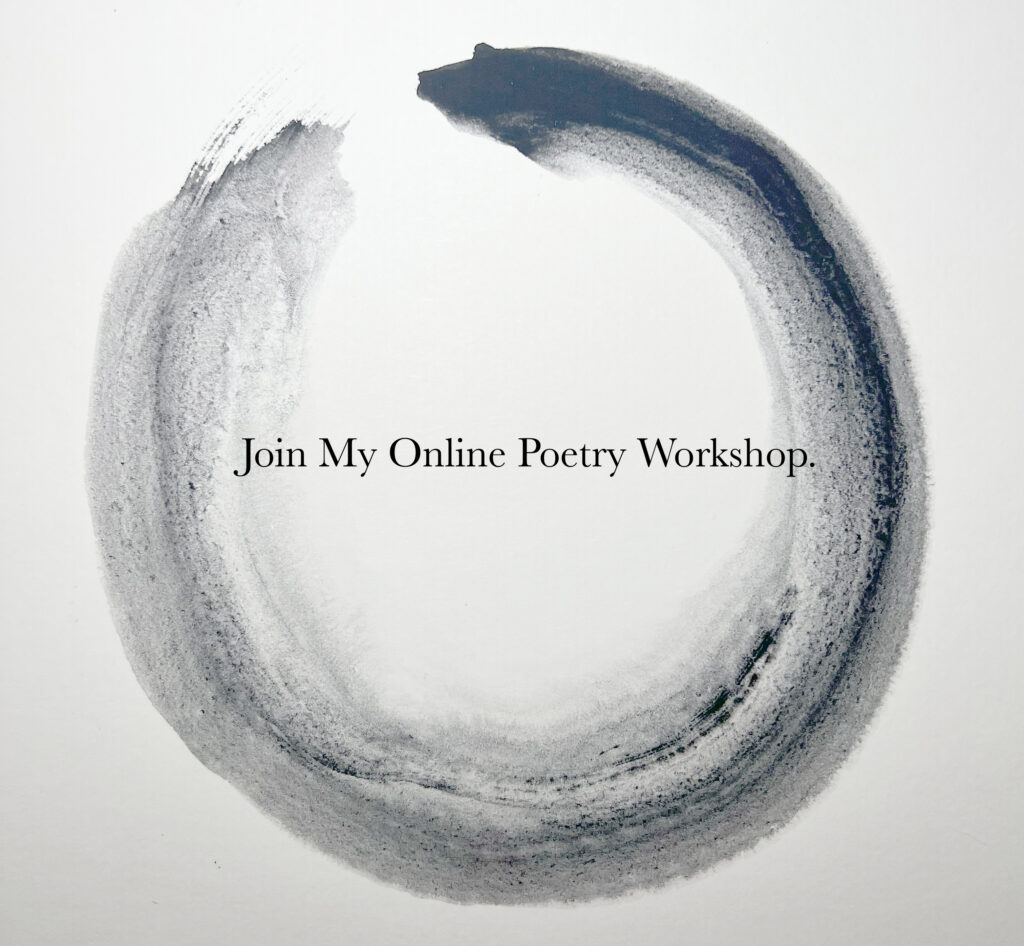The work of all literature—fiction, nonfiction, and poetry—and all art, is to reveal the landscapes within and to help us blaze new directions without. In her latest memoir, Untamed, Glennon Doyle finds an unexpected new direction for her life, and writes about it in prose so simply crisp it crackles like frozen ice. Doyle, whose “skyrocketing writing career” was “based partly” on “traditional family and Christianity,” leaves behind that marriage and that version of Christianity and the success it brought her to marry soccer great, Abby Wambach. In her prior memoir, Love Warrior, Doyle writes about saving her marriage. Untamed takes the broken plot of Love Warrior, and transforms it into a breathtaking meditation on healing, freedom, and choice. In this book recommendation, I want to take a closer look at Untamed and why I think it’s a good read, especially now.
Doyle writes: “Hell hath no fury like a memoirist whose husband just fucked up her story.”
The subject of Untamed is the story of how Doyle forged a more authentic path forward, breaking free of social structures that kept her caged. She writes eloquently about the tension many women face—the struggle between making a choice to please other people and making a choice to please themselves; Doyle urges her readers to make choices to please themselves.
Untamed is the story of how Doyle left behind her marriage, turned away from a version of Christianity that no longer served her, transformed her family, and changed her narrative.
Untamed reminds me of Joan Didion’s essay, “On Self Respect,” where Didion explores similar themes of self-deception, public expectation, and authenticity.
In “On Self Respect,” Didion notes: “self-respect has nothing to do with the approval of others” and “…self-deception remain the most difficult deception.” Those with self-respect “know the price of things.” They know their self-worth and value themselves enough to own their own decisions.
I not only admire Doyle’s incredible courage in choosing to live an authentic life and write about it, but I also find the book entertaining; it’s a lovely beach day read—whenever it is we’ll be able to lie on the beach (Doyle’s Untamed was released in the wake of the Covid-19 pandemic, and Doyle had to cancel her book tour).
That said, as a writer holed up at home, it’s fun to watch someone fall in love and to watch them transform through love.
Throughout the memoir, Doyle is relentless in her search for self-knowledge. The central question at the heart of the memoir is this: How do we remain true to our innermost truths, even when the world would have us choose otherwise, and, more importantly—how do we arrive at those innermost stories when the world would make us the protagonists of a different story?
Doyle writes beautifully about the first time she saw Abby, “the first time I wanted something beyond what I had been trained to want…Creating a life with her was the first original idea I’d ever had and the first decision I made as a free woman.”
In the process, Doyle reevaluates her faith, friendships, work, sexuality, and life. She asks herself: “How much of this was my idea?”
A woman doesn’t truly grow up in our society until she asks herself this question.
Doyle writes eloquently about the cages we build around ourselves—cages of ideal marriage, ideal friendship, ideal faith, ideal family, ideal appearance, ideal feelings—and then dismantles them.
In one particularly beautiful passage, she explains: “I spent sixteen years with my head in a toilet trying to be light. I drank myself numb for a decade, trying to be pleasant. I’ve giggled at and slept with assholes, trying to be touchable. I’ve held my tongue so hard I’ve tasted blood, trying to be gentle. I’ve spent thousands on potions and poisons, trying to be youthful. I have denied myself for decades, trying to be pure.”
What if we stopped trying to be pure, and chose to be ourselves? What if we let ourselves rage against the dying of the light? What if we stopped brooking assholes, stopped trying to be pleasant, trying to be touchable? What if we looked within ourselves for the answers instead of searching for them on Google?
How do we find the answers within when we have been conditioned to search for the answers outside? Doyle explains that first, a person needs to be ruthlessly honest.
And, perhaps there are two types of truths—the truths we know and deny and the truths we do not know because we haven’t looked deep enough within ourselves to know them. We cannot get to the second, deeper truths until we face the truths we deny first.
She writes: “The culture depends on the sensitivity of a few, because nothing can be healed if it’s not sensed first.”

How to Change the Story
So, how is a woman to break out of the cages she has built for herself? How does a woman change her own narrative? Fortunately, Doyle offers some helpful tips. They include:
- Feel Everything: Doyle explains: “Consumer culture promises us that we can buy our way out of pain—that the reason we’re sad and angry is not that being human hurts; it’s because we don’t have those countertops, her thighs, these jeans. This is a clever way to run the economy, but it is no way to run a life. Consuming keeps us distracted, busy, and numb.” The solution is not to fear pain, but to embrace it. Pain passes, and its lessons teach us something.
- Be Still. Meditate. Doyle writes that knowledge arrives in the still place where we silence our minds; she calls it the “Knowing.” The thing about meditation is that the wisdom it brings doesn’t come all at once. “The Knowing never reveals a five-year plan.” Instead, the process is like this: do “the next precise thing, one thing at a time, without asking permission or offering explanation.” When moments of uncertainty arise, Doyle meditates. From my own experience, this is good advice.
- Imagination. Doyle urges her readers to stop “competing for a seat at their table” and instead urges her readers to build their own tables. The life that is the most beautiful is not ready made, and doesn’t fit into the frame that the culture creates, but is self-created. We have to imagine the most beautiful happy possible story of our lives and have the courage to try to make it real. “May our dreams become our plans.”
And throughout this process, Doyle reminds us that we are constantly losing. Pursuing your own path won’t protect you from pain and loss, but the beauty on the other side is worth the price.
Untamed is a story about the transformative power of love, how it can suddenly give us a new narrative; it’s a story about divorce, how it doesn’t have to break a family, but can remake a family; it’s a reminder of the many fallacies women have been forced to swallow and vomit back up, but Untamed reclaims these narratives and transforms them into something bright and hopeful.

About the Writer
Janice Greenwood is a writer, surfer, and poet. She holds an M.F.A. in poetry and creative writing from Columbia University.
